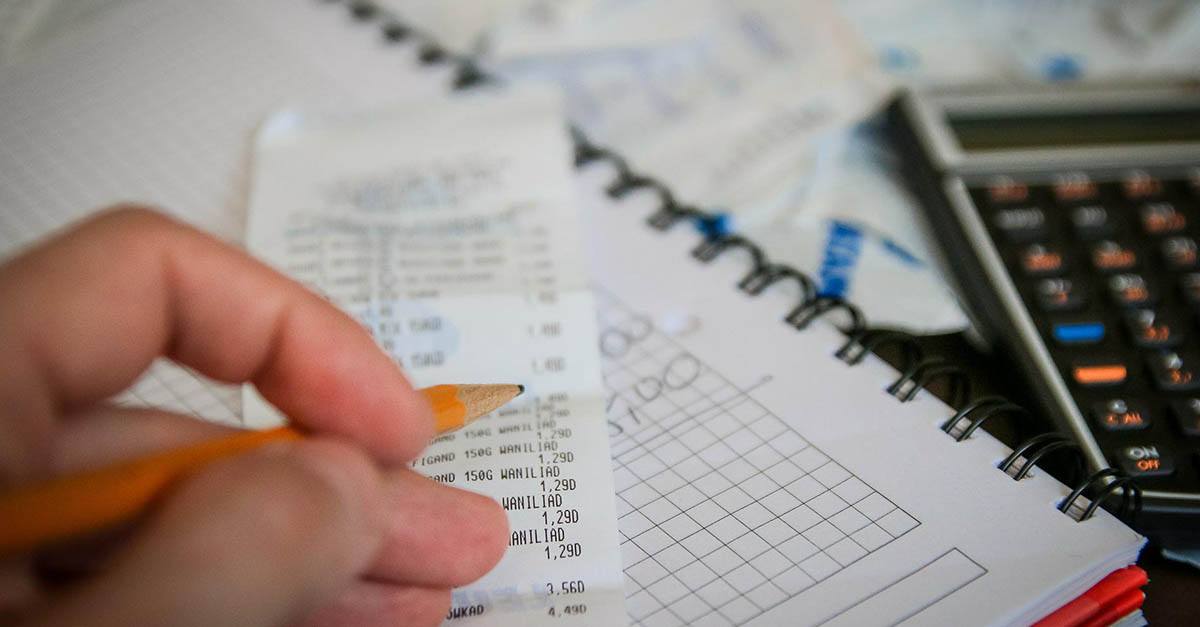How is a second chance procedure or BEPI processed?

How is a second chance procedure processed according to RD 1/2020, consolidated text of the bankruptcy law?
Budgets to obtain the Second Chance or BEPI
The basic budget on which depends what is commonly known as Second Chance or, as scientific doctrine calls it, BEPI (Unsatisfied Liability Exemption Benefit) It is the prior processing by the natural person who intends to avail himself of such a possibility of a bankruptcy procedure where all his assets are liquidated and, with the proceeds of the assets, it has not been possible to satisfy all the bankruptcy credits.
In other words, in order to be eligible for the BEPI or Second Chance it is necessary for the debtor to previously process his bankruptcy and the corresponding liquidation phase in which all his assets and rights are subject to sale or alienation, after which the conclusion of the same will be agreed and the possibility of requesting the BEPI or Second Chance will be opened for the cancellation of the liabilities (debts) that could not be paid with the goods and/or rights liquidated.
And it is that, according to the art. 484 TRLC, the BEPI or Second Chance is a power that the debtor enjoys that, if he does not request it, he will continue to be responsible for the unsatisfied credits for which he will be responsible with all his present and future assets.
It may interest you: “Second-chance law opportunity for entrepreneurs”
Requirements for the granting of the Second Chance or BEPI
The following requirements must be met for the natural person debtor to apply for the BEPI:
1º.- Subjective assumption:
that the debtor is in good faith in the terms thus described in art. 487 TRLC, due to the cumulative effect of the following circumstances:
- That the bankruptcy has not been declared guilty or that, having been found guilty for breach of the duty to request the declaration of bankruptcy, the Judge deems it appropriate to grant the BEPI benefit taking into account the circumstances in which the delay occurred.< /li>
- That the debtor has not been convicted in a final judgment for crimes against property, against the socioeconomic order, forgery, against the Public Treasury and Social Security or against the rights of workers in the ten years prior to the bankruptcy statement.
2nd.- Objective budgets:
2.1.- That the creditors have been fully satisfied in the bankruptcy against the estate and privileged bankruptcy credits.
2.2.- That, if the debtor met the requirements to be able to do so, he would have at least attempted to enter into an out-of-court settlement payments with creditors.
In the event that the debtor meets the requirements to have entered into an out-of-court payment agreement and has not tried to do so, they may also avail themselves of the BEPI but to do so they must satisfy, in addition to credits against the mass and privileged credits, at least 25% of the amount of ordinary bankruptcy credits. In short, it is about rewarding the debtor who has tried to reach an out-of-court payment agreement with his creditors as a phase prior to the bankruptcy, penalizing those who do not make such an attempt with the obligation to face a greater amount of liabilities in order to qualify for the BEPI or Second Chance.
It may interest you: “Public credits and the second chance in the new bankruptcy law”
Time to apply for Second Chance or BEPI
When you can request the Second Chance or BEPI is regulated in the current art. 489 TRLC, establishing that it may be requested within the same period granted to the parties appearing in the bankruptcy to oppose the request for the conclusion of the bankruptcy, that is, within the period of 15 days from the date the Administration Lawyer of Justice of transfer of the Bankruptcy Administration Report in which it requests the conclusion of the bankruptcy (art. 477.2 TRLC).
When requesting the application of the Second Chance or BEPI system, the debtor must justify that the requirements and budgets described above are met, which will be transferred to the Bankruptcy Administration and to the creditors, who may make allegations to such request, after which and if the concurrence of the required requirements is verified by the Judge, he will issue an Order in which he will grant the Second Chance or BEPI at the same time that he agrees to the conclusion of the bankruptcy ( article 490 TRLC).
Second Chance Outreach or BEPI
Foresees art. 491 TRLC that, granted the Second Chance or BEPI by the Judge in charge of the bankruptcy, the debtor who had attempted a previous out-of-court payment agreement will see all his debts canceled except those of public law and food. If the debtor, being able to do so, had not tried to reach a prior out-of-court payment agreement, only 75% of the ordinary credits and all of the subordinated ones will be cancelled.
Special exemption regime for the approval of a payment plan
When the bona fide debtor cannot meet all the claims against the mass and privileged claims, they may also obtain the Second Chance or BEPI, subject to a debt payment plan that would not be exonerated and meet the following requirements (art. 493 TRLC):
- Not having rejected, within the four years prior to the declaration of bankruptcy, a job offer appropriate to their ability.
- Not having breached the duties of collaboration and information regarding the bankruptcy judge and the bankruptcy administration.
- Not having obtained the benefit of exoneration of the unsatisfied liability within the last ten years.
The payment plan to be submitted by the debtor must include a proposed plan and payment schedule (not exceeding 5 years) for claims against the estate, bankruptcy claims privileged, food credits and the part of ordinary credits that the plan includes and that will not be exempted (art. 495 TRLC).
The definitive exoneration of debts will not be achieved until the payment plan has been fulfilled or when, if it could not have been fulfilled in its entirety, the debtor proves compliance with the requirements of art. 499 TRLC.
Effects of the discharge on creditors
According to the provisions of art. 500 TRLC, once the Second Chance or BEPI has been granted, the pending credits will be extinguished and the creditors will not be able to initiate any type of action against the debtor to collect them.
It may interest you: “Are the courts exonerating credits of a public nature after the reform of the Bankruptcy Law?”






